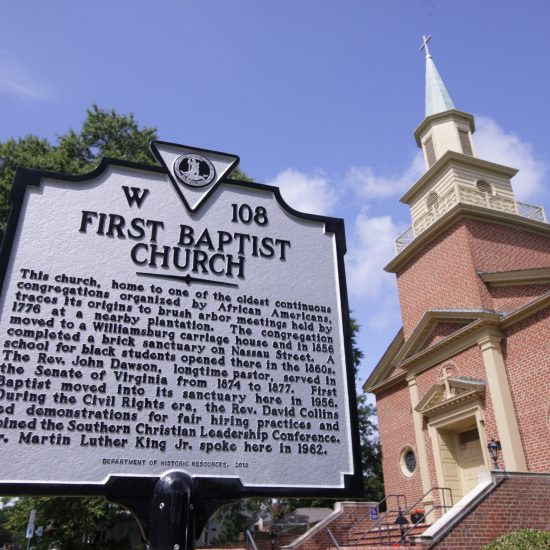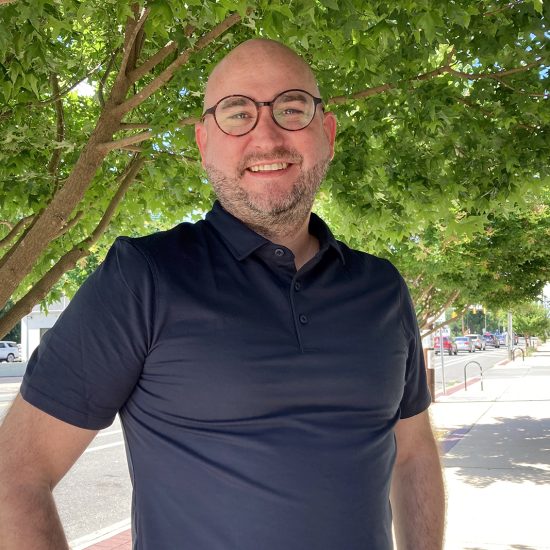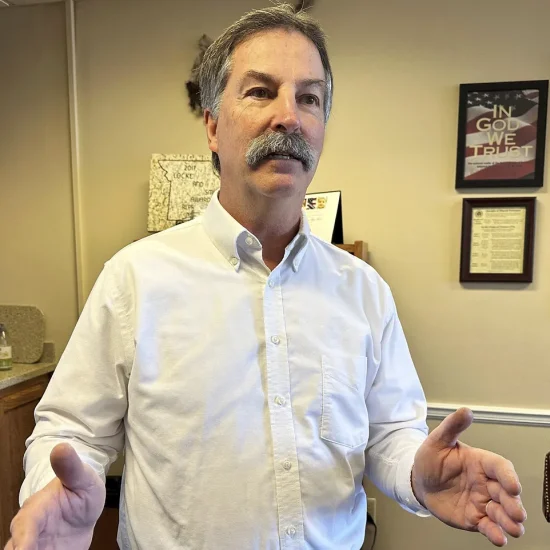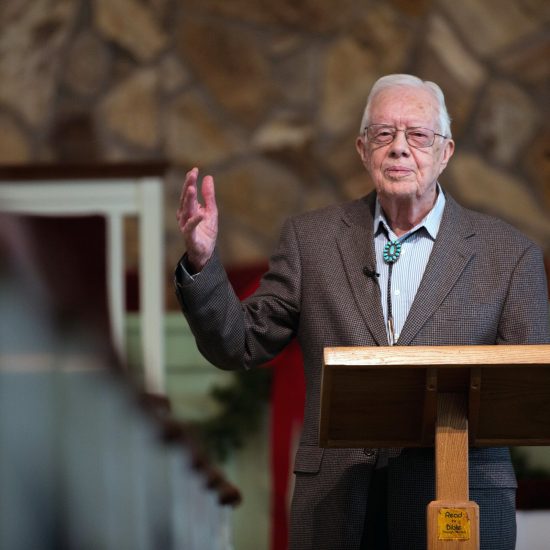ATLANTA (ABP) — The real culprit behind declining baptisms in the Southern Baptist Convention might be youth soccer, says historian Bill Leonard.
Because of nightly requirements for church-going families — including children's sports — weeklong and two-week revivals that were once a mainstay of Baptist life are becoming a thing of the past, Leonard says in the summer/fall 2010 issue of the journal Baptist History and Heritage.
Leonard, professor of church history at Wake Forest Divinity School, says revival movements of the 19th and 20th centuries not only propelled Baptists from a small sectarian community to America's second-largest denomination but also bore impact on Sunday mornings.
Concepts like walking the aisle, surrendering to preach and rededicating one's life to Christ, Leonard says, were all born on the sawdust trail. That "liturgy of conversion" served generations of Baptists as a mechanism for determining church membership.
As revivalistic techniques have waned in recent decades, Leonard says Baptists, particularly in the South, have struggled to make their evangelistic case and articulate a process of conversion that holds the attention of the larger population.
Leonard cites several factors in the decline of the revival system.
One is the understanding of conversion itself. Leonard says as early as the 1930s H. Richard Niebuhr criticized a "mechanical conception of conversion" used more often "for enforcing prevailing standards" than producing followers of Christ.
Another factor, Leonard says, is that more Baptist congregations have turned to the nurture of persons in faith in ways that produce alternative entry points to revival-style conversion. As the church and its ministers assumed the role of spiritual mentors, the need for a celebrity evangelist diminished.
Leonard says that shift is behind a concern expressed in a 2008 article in Baptist Press that blamed a "Bill Hybels-style of seeker-friendly evangelism" for fewer evangelistic opportunities in local churches.
A third factor, Leonard says, is simply that the culture has changed. "While revivals remain forceful in other cultures and some American religious subcultures, the revival system has increasingly become the exception, rather than the norm, in much evangelical life," he writes.
Leonard says many Baptists were a long time in recognizing that revivals were not accomplishing what they once did. The practice of re-baptizing church members, for example, spawned a class of evangelists well known for leading large numbers of congregants to doubt the validity of their first profession of faith. Leonard surmises the phenomenon is either "a terrible indictment" of earlier revival methods or "one way of propping up the tradition."
Leonard predicts that Baptist congregations will continue to utilize "event evangelism" in ways that mirror traditional revivals. Some congregations continue to use traditional revival practices without acknowledging their declining impact, he says, but that seems to be a "dwindling constituency."
A larger question, Leonard says, is how Baptists will make their evangelistic case amid the diversity of spiritualities and church models in the larger culture. He says that might require "niche evangelism" where clergy and laity actually listen to an increasingly secularized and pluralistic culture rather than simply pointing the way.
In another article in the same issue, Loyd Allen, professor of church history and spiritual formation at McAfee School of Theology, argues that "revivalism is dead, or at least on life support" among Baptists in North America.
Allen blames a shift away from a "revivalist motif" that relied on a high level of emotion to an "intellectual conversion" that invites an individual to agree with a set of certain beliefs.
While useful to restrain emotional excesses and aberrant beliefs in a community of faith, Allen says, intellect alone "is woefully inadequate to the task of preparing candidates for personal encounter with Christ."
Baptist History and Heritage is published three times a year by the Baptist History and Heritage Society in Atlanta. The cost to subscribe is $40 per year for individuals and $50 for institutions like libraries and churches in the United States.
-30-
Bob Allen is senior writer for Associated Baptist Press.






